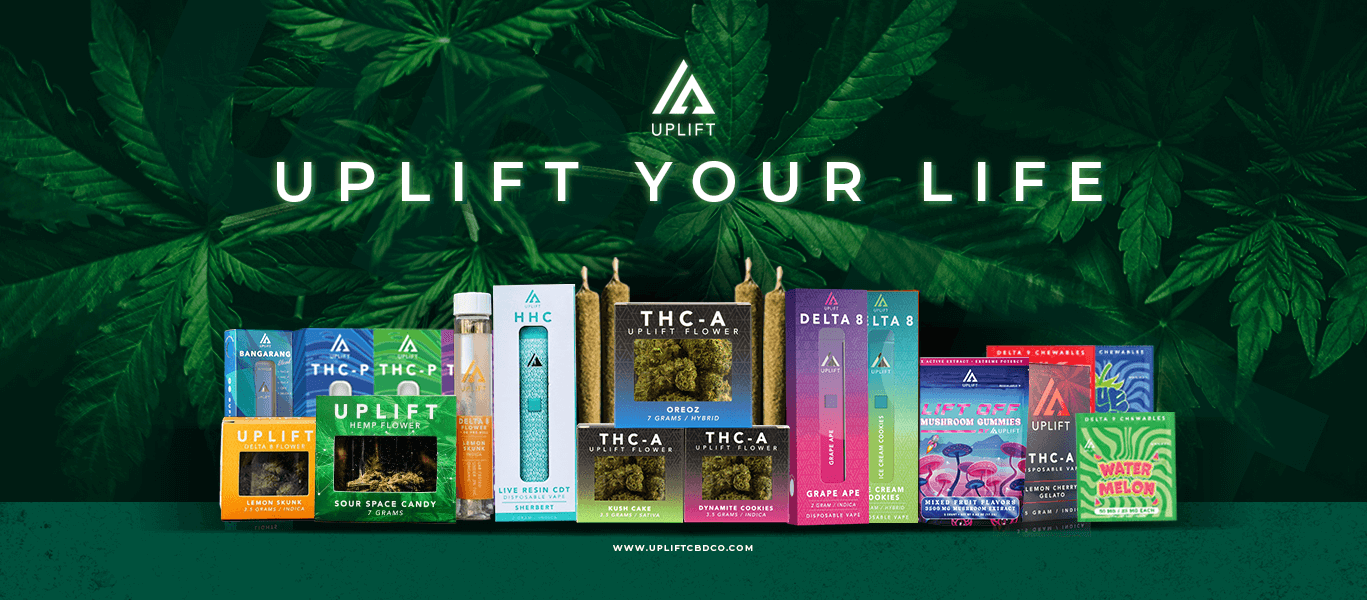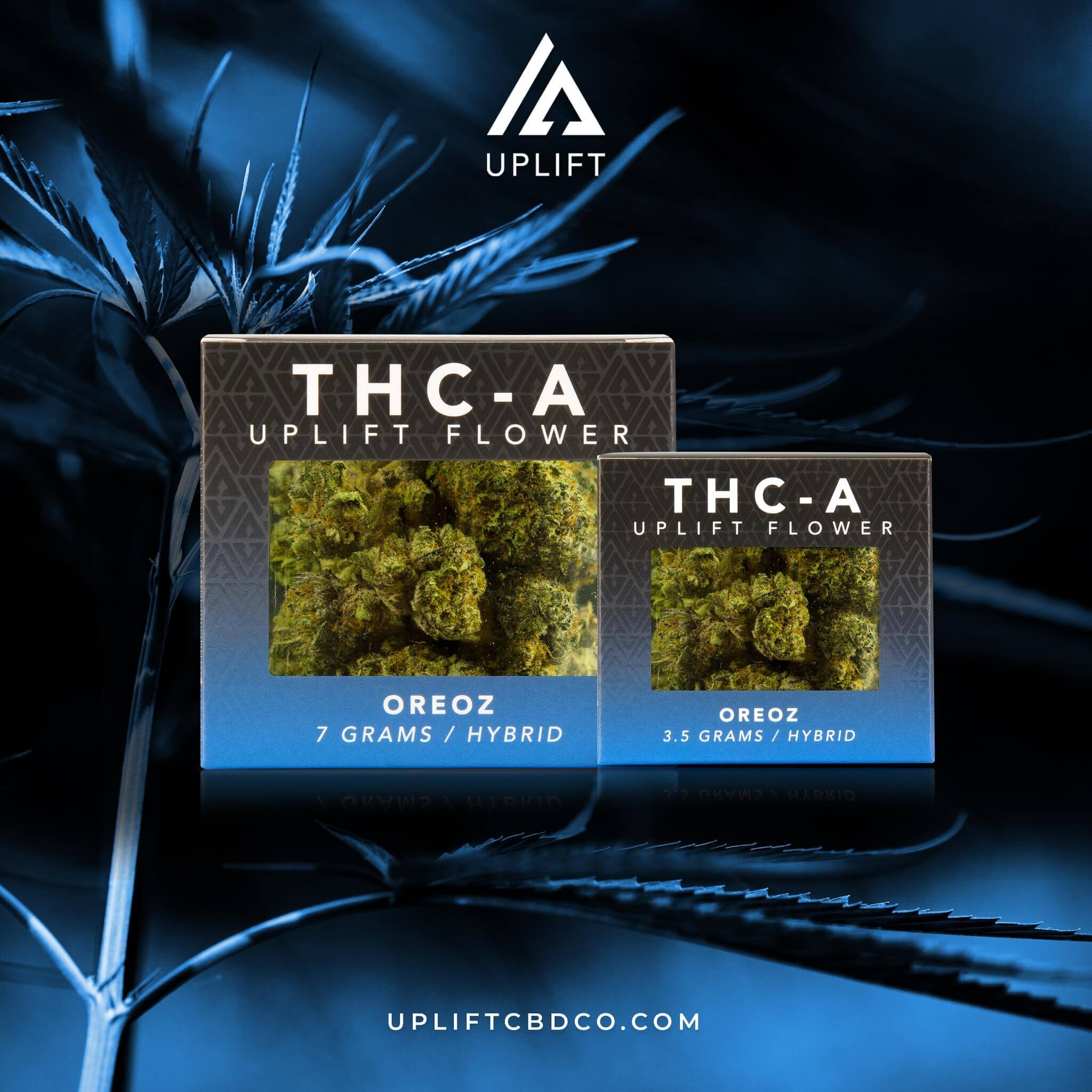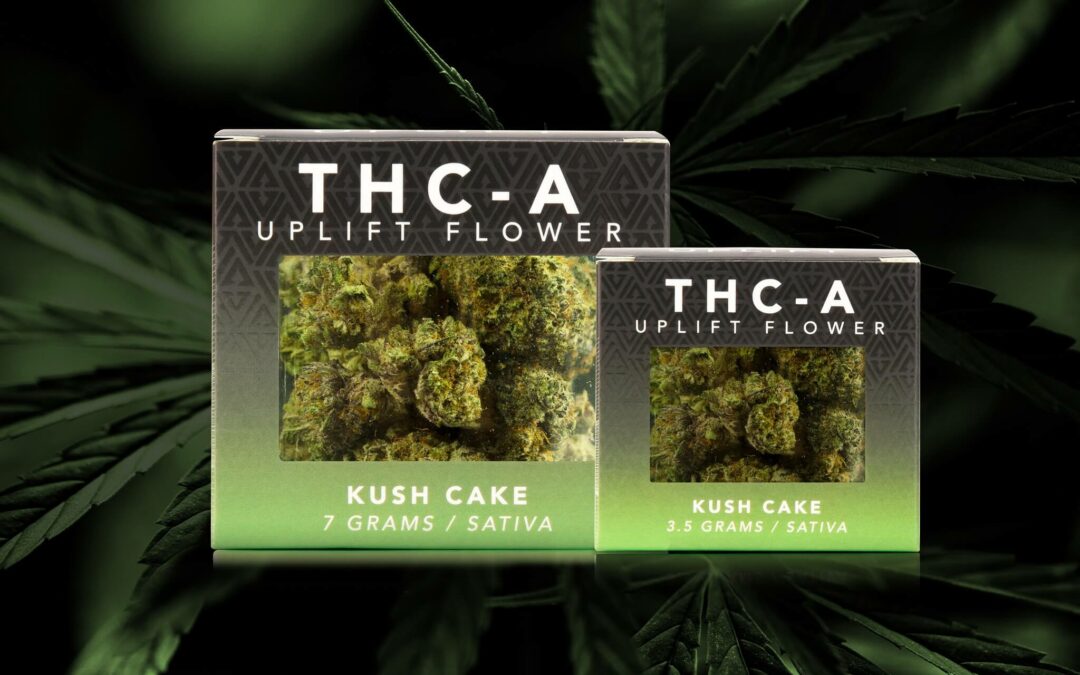The cannabis plant has more than 100 cannabinoids, which are chemical compounds. While many people know about THC (tetrahydrocannabinol) and CBD (cannabidiol), there are also lesser-known compounds in the cannabis plant that are just as interesting.
This blog will focus on one of these lesser-known compounds called THCA. We will look at what THCA is, the potential side effects of THCA, and the different THCA products available.
Key Takeaways
- THCA is the precursor to THC, but it does not cause a high without heat.
- THCA has a mix of unwanted and beneficial side effects. One of the most significant beneficial side effects is neuroprotection. Other noticeable side effects include sleepiness, positive drug tests, and an increased appetite.
- Smoking THCA can have euphoric or relaxing effects.
SHOP NOW!
What is THCA?
THCA stands for tetrahydrocannabinolic acid, which is closely related to THC (tetrahydrocannabinol). Although THCA and THC are similar, THCA is a distinct compound.
THCA is found in large amounts in raw, unprocessed marijuana and serves as a precursor to THC. Decarboxylation is the process that turns THCA into THC. In this process, cannabis plants change acidic compounds into their neutral forms, like turning THCA into THC through a chemical reaction.
THC vs. THCA
THCA is related to THC, but their effects are very different. THC is known for its psychoactive properties, which can cause feelings of euphoria or relaxation and is responsible for the “high” people experience. THCA is a precursor to THC but does not have these psychoactive effects.
The transformation from THCA to THC is not automatic. Heat is required, which can be provided by methods such as smoking, dabbing, or vaping. Heat changes the molecular structure of THCA, turning it into THC. This newly formed THC can then interact with receptors in the brain, leading to the psychoactive effects associated with THC.
Does THCA Cause a High?
You may be wondering if THCA gets you high. Although it is a precursor to THC, on its own, THCA does not usually cause psychoactive effects. Why is that?
To understand this, we need to look at the endocannabinoid system. This system is vital for regulating various cognitive and physiological functions.
Endocannabinoids are produced by your body and attach to receptors located throughout your body. These receptors are known as CB1 and CB2 receptors.
CB1 receptors are found in large numbers in areas of the brain involved with memory, emotional processing, motor coordination, and other functions. They help maintain the balance of the central nervous system, known as homeostasis.
CB2 receptors are more involved with the peripheral nervous system, immune responses, and more.
THC’s psychoactive properties come from its ability to bind to CB1 receptors, allowing it to influence the cognitive and physiological functions these receptors control. THCA, however, does not bind to CB1 or CB2 receptors.
Heat exposure is needed to transform THCA into THC. Without heat, THCA remains in its original form and doesn’t interact with CB1 or CB2 receptors. Heat is essential for activating THC, which is why raw cannabis doesn’t produce a high.
The “high” you experience ultimately depends on the method of consumption. For example, if you choose THCA vapors instead of THCA capsules, the effects could be more psychoactive.
Does THCA Show Up on Drug Tests?
The short answer to this question is: Maybe.
How THCA is consumed is crucial. Standard drug tests detect THC metabolites, not THCA itself. If you vape or dab THCA, it will convert to THC, which is then broken down into detectable metabolites by the liver.
Tests may become more sensitive in the future and detect a wider variety of cannabinoids, including THCA. Also, some people’s metabolisms might process THCA in a way that produces detectable metabolites.
Because of these variables, many people avoid consuming THCA before undergoing a drug test.

Potential Side Effects of THCA
THCA is not psychoactive, which raises the question: Does it have any side effects?
In its natural state, THCA does not produce the psychoactive effects of THC. However, it may have side effects, which can be positive or negative.
Let’s begin with the positive.
Disclaimer: The information provided here is not intended to replace the advice of healthcare professionals. Consult your doctor about THCA use and cannabis.
Positive Side Effects
THCA can have several positive effects, including neuroprotective properties, the ability to inhibit certain responses, and protection from side effects associated with other powerful medications.
Many people have found creative ways to incorporate THCA into their daily routines. This allows them to enjoy the benefits of THCA without experiencing the mind-altering effects of THC.
Despite the lack of psychoactive effects, new research and anecdotal reports suggest that raw THCA could have a variety of health benefits.
The findings from early studies on mice and rats are compelling, but there is still more to learn about THCA.
Negative Side Effects
THCA has shown several benefits in animal tests, but it also has some downsides, especially at higher doses. Unaltered THCA could cause anxiety, sleepiness, and an increase in appetite. It may also result in a positive drug test.
However, sleepiness and an increased appetite could be beneficial side effects for some people.
Following the “start low and go slow” rule can help you determine the appropriate dosage to minimize side effects.
SHOP NOW!

Smoking THCA Effects
Smoking or vaping THCA can convert it into THC, which may trigger psychoactive effects. These methods of consumption can have a more rapid or potent impact compared to edibles or gummies.
When you smoke or vape THCA, the effects can include:
- Euphoria: THC is thought to mimic anandamide, a naturally occurring endocannabinoid in our bodies, also known as the “bliss molecule.” It can induce feelings of euphoria.
- Promotion of Relaxation: Some studies support this effect.
- Support for Deep Rest: Some people have reported using cannabis to help them sleep.
It’s important to note the legal status of THCA in your area before using it.
The Uplift CBD Difference
It’s crucial for those interested in THCA to stay well-informed. Understanding the side effects of THCA, knowing the laws in your state, and obtaining THCA from reputable suppliers are all essential steps in exploring this unique cannabinoid.
Uplift CBD provides a wide selection of high-quality THCA-based products made from hemp grown in the United States. All our products are third-party tested for quality and purity to ensure their effectiveness.
Explore our collection of THCA products and discover the many benefits that hemp plants can offer.
THCA Products We Offer
- THCA Pre Rolls
- THCA Flowers
- THCA Cartridges
- THCA Dabs – Coming soon!
GET YOURS HERE!

